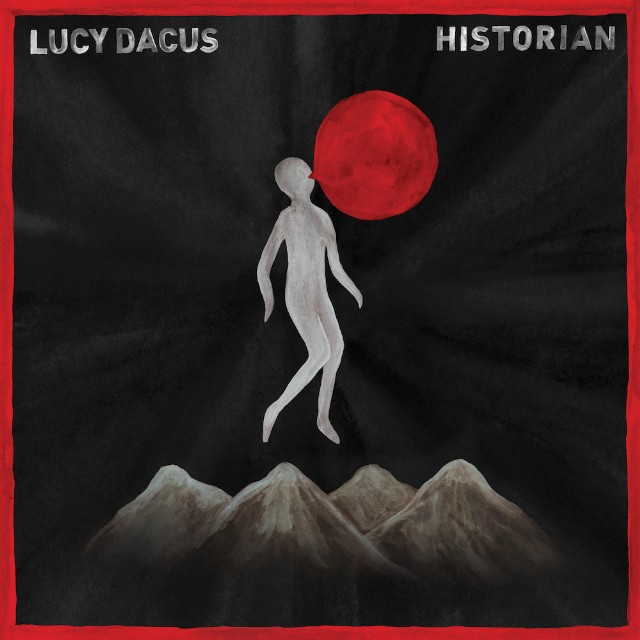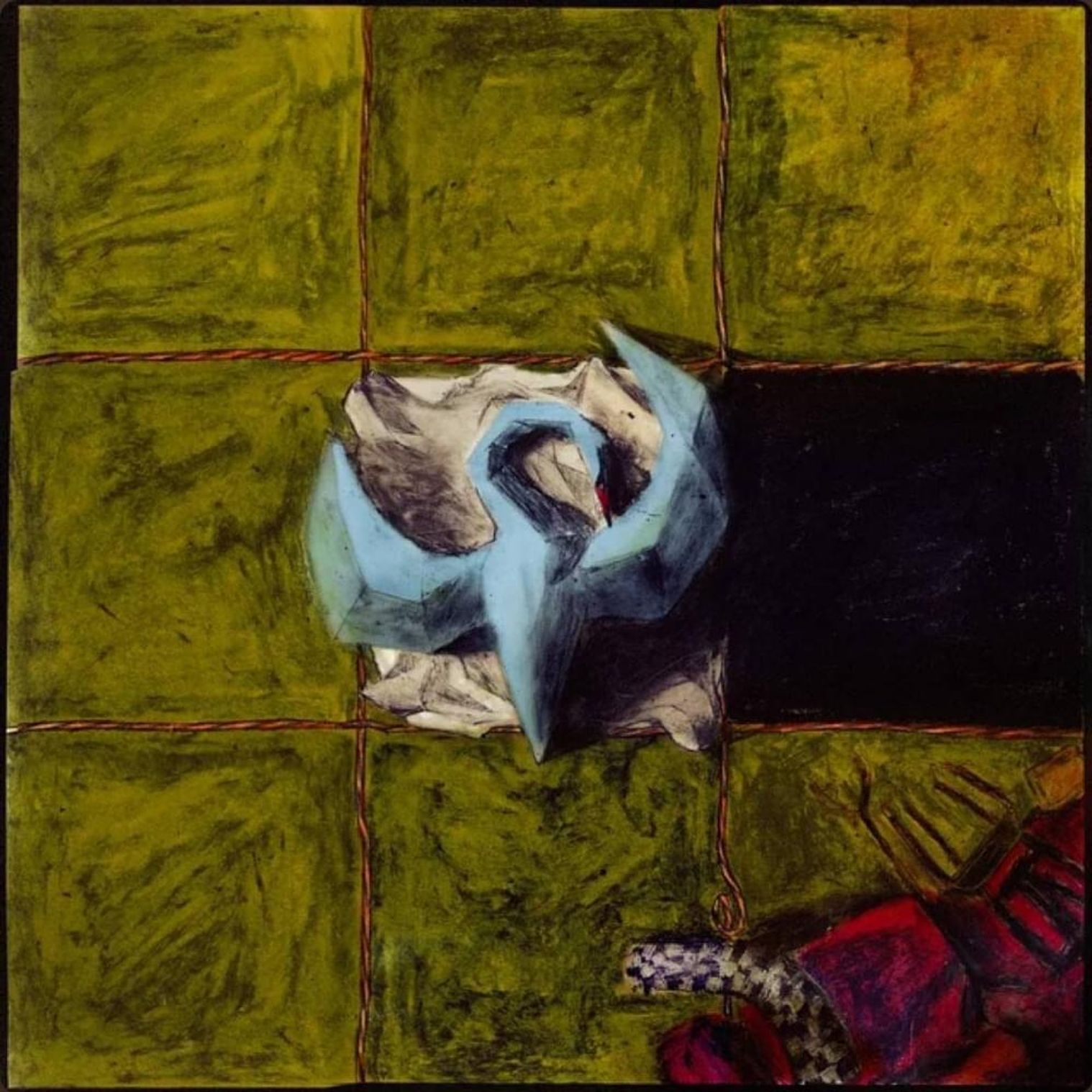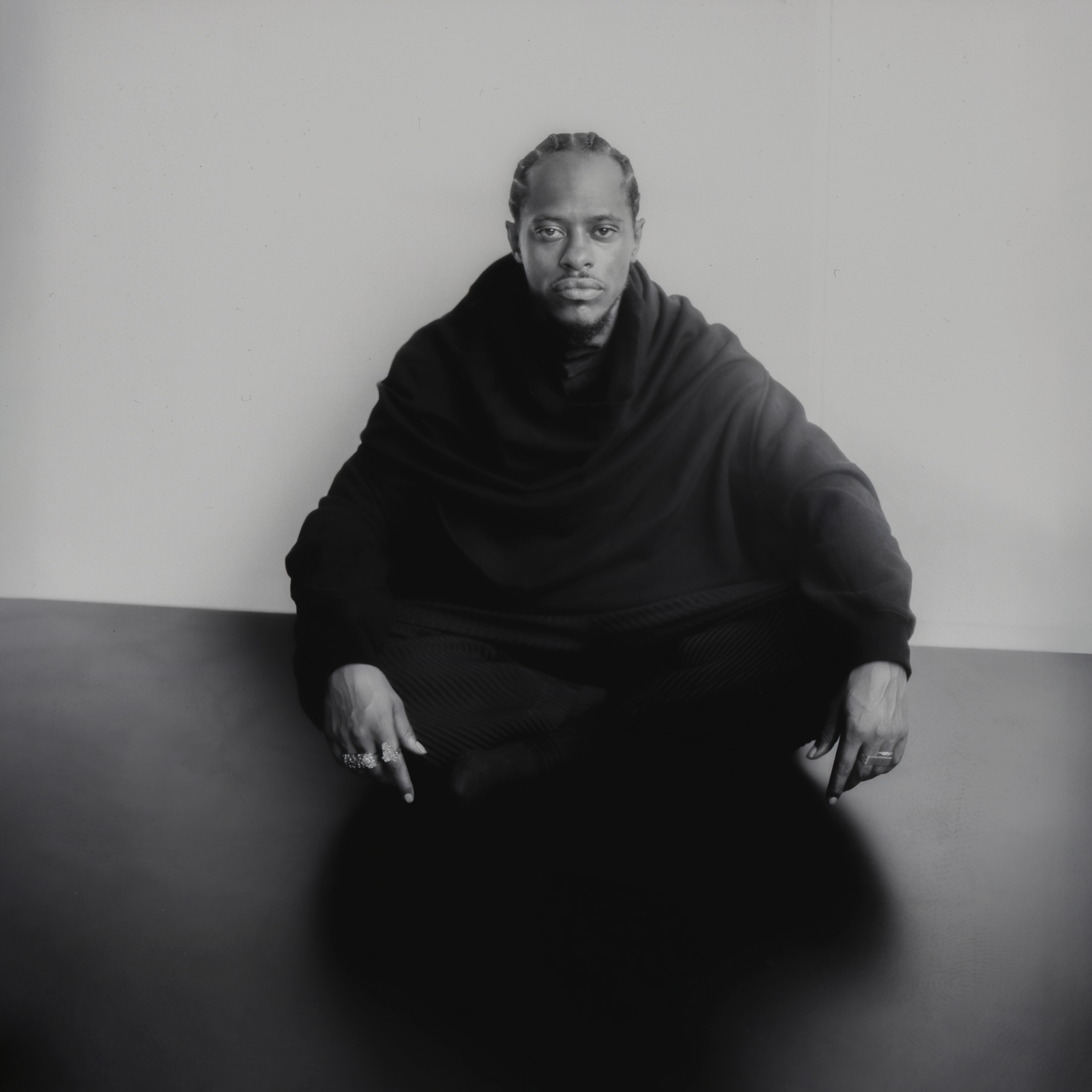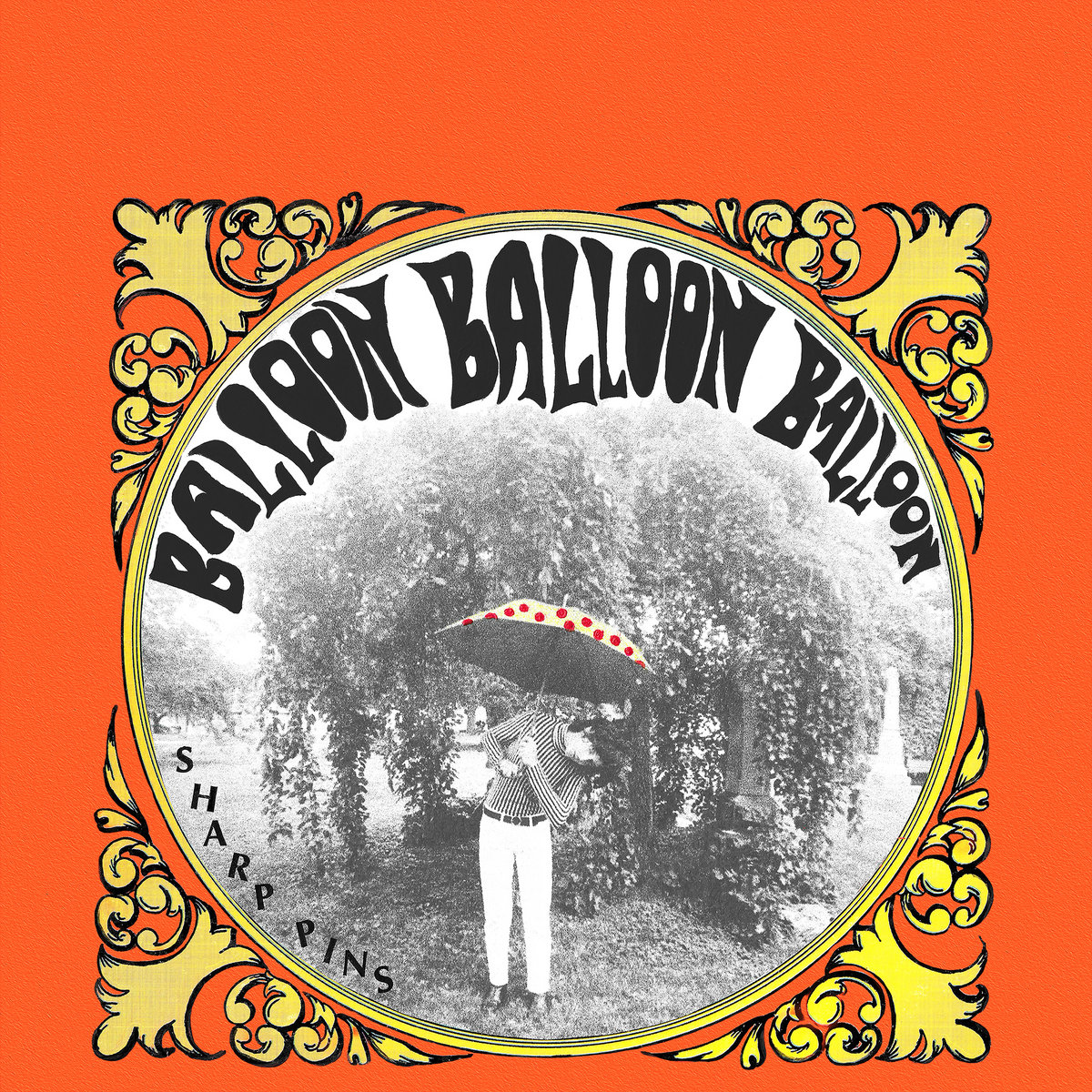For about 40 years, my father taught history at Loyola College in Baltimore. At his retirement party a couple of years ago, my dad's colleagues roasted him, saying he's the only person they'd ever met who would stop at every historical marker along the highway, reading every word on it before getting back into his car and driving on. This blew my mind. I'd spent my entire life assuming that this was what every historian did. No. Just my dad. He's such a historian that other historians make fun of him for being a historian.
When I was a kid, I would get resentfully bored at all the museums and battlefields that would end up dominating our family trips. But in recent years, without quite realizing what was happening, I've found myself writing columns about the history of action movies or of #1 singles. As it turns out, I'm at least a little bit of a historian, too. I understand the impulses behind that sort of full-brain immersion. The old cliche is that we learn about the past to avoid making the same mistakes in the future. Maybe that's part of the lure. But I think the real way history obsession works is that we can lose ourselves in it. We can shut out the present. It becomes a sort of harmless brain-whirlpool, a place to obsessively pick apart the past and maybe to avoid doing the same with the present.
Lucy Dacus, a 22-year-old singer and songwriter from Richmond, Virginia, called her new album Historian, and she calls herself a historian, too. In a new profile in The Ringer, Dacus says, "If I had to encapsulate all of my creative identity in a word, it would be ‘historian’ before it would be ‘musician,’ or ‘writer,’ or anything... I document people and try to capture them in all these different ways. And then when they’re gone, I’m going to have all these little emblems of who they are." The surging and colossal "Pillar Of Truth," the second-to-last song on Historian, is about Dacus visiting her grandmother on her death bed: "You are your mother’s child / You’re the mother of a mother of a mother now / Raised in the age of a milkman / I can’t claim to understand." And "Historians," the last song on the album, applies that same historical perspective to Dacus herself, to a relationship: "If past you were to meet future me / Would you be holding me here and now?"
Dacus' debut album, No Burden, which she released two years ago, was recorded as a school project for her collaborator Jacob Blizard. She'd written songs for years, but she'd never sung with a band. Still, No Burden, for all its spareness, sounded like the work of someone who'd been making music for a lifetime. Dacus' voice is a calm, unflappable, almost conversational alto, one that she deploys with an otherworldly sense of control. She's got that same sense of control in her writing, too. On the No Burden opener "I Don't Wanna Be Funny Anymore," she sketched out a whole life in a few precise lines: "I got a too short skirt, maybe I can be the cute one / Is there room in the band? I don't need to be the front man / If not, then I'll be the biggest fan."
There's a whole New York Times story about Dacus recording Historian. She'd never intended to become a buzzy indie rock artist; the word-of-mouth success of the self-released No Burden took her by surprise. In that Times story, she talks about the stress and the pressure of recording an album as a vaguely public person for the first time. (It probably didn't help that she finished it a year ago and then had to sit around waiting for the album to come out.) But there's no sense of anxiety anywhere on Historian.
If anything, Historian is a platonic ideal for what an indie rock sophomore album should be. It's very much of a piece with No Burden. Dacus recorded it with the same collaborators, and her songs have the same sense of writerly elegance and intimate sprawl. But the sound is a bit grander and thicker. John Congleton, the great indie rock producer, mixed the album. The arrangements are dense with horns and strings -- all of them artfully deployed, none of them overwhelming the songs. The main things we hear are Dacus' voice and Blizard's guitars, which can be artfully delicate or comfortingly fuzzed-up. The songs' arrangements tend to start out quiet and slowly bloom into something softly overwhelming. But they aren't structured like power ballads, doing that quiet-to-loud thing. It's like they grow, organically. They sweep you along.
As a writer, Dacus can be funny and observant. The first line on the album is this: "The first time I tasted somebody else's spit, I had a coughing fit." She has a way with an economical one-liner: "I am busy doing nothing, and you’re rudely interrupting." But she can also convey heavy insight in as few words as possible: "Thank you for the gesture / I regret ever implying that you could be better," "I fought time / It won in a landslide." She gets into the grainy, minute details of relationships, especially as they're falling apart, or as they've just fallen apart: "Am I a masochist, resisting urges to punch you in the teeth, call you a bitch and leave? / Why did I come here? To sit and watch you stare at your feet? / What was the plan? Absolve your guilt and shake hands?"
The combination of those lyrics and that voice is a lot. Like her friend and labelmate Julien Baker, whose career path has been remarkably similar, Dacus is making music that's just astonishing in its force and enormity. By focusing on tiny details and telling turns-of-phrase, Dacus is making these sounds that can utterly swallow you. And even if she's telling stories about herself and the people around her, she's doing it with such a sense of perspective that the album's title seems entirely appropriate. She's a historian, wringing her own stories for whatever insight they might provide. And she's made a sort of historical document of her own time. Historian is my favorite album of 2018 thus far by a crazy margin; I've found it a chore to listen to anything else for long. And whenever I think of the early months of 2018 in the future, I'm guessing I'll think about Historian, just as I'll think about the Parkland shooting or Black Panther. I've made it a part of my life. You should make it a part of yours, too. Then it'll become your history, as well.
Historian is out 3/2 on Matador.
Other albums of note out this week:
• The Breeders' melodic, serrated, generally excellent classic-lineup comeback All Nerve.
• Soccer Mommy's finely observed, bursting-with-promise DIY indie rocker Clean.
• Superorganism's cosmopolitan self-titled indie pop debut.
• Titus Andronicus' messy, sprawling classic rocker A Productive Cough.
• Andrew W.K.'s grandly ass-kicking self-help metal return You're Not Alone.
• Camp Cope's righteously purposeful emo stunner How To Socialise And Make Friends.
• Ed Schrader's Music Beat's wriggling, intense, Dan Deacon-produced Riddles.
• Haley Heynderickx's stark, intimate, folk-derived I Need To Start A Garden.
• Moby's spacily topical Everything Was Beautiful, And Nothing Hurt.
• The Men's fuck-you-up postpunker Drift.
• Anna von Hausswolff's goth-prog odyssey Dead Magic.
• Barely Civil's textured, austere debut We Can Live Here Forever.
• Moaning's stark, intense self-titled postpunk debut.
• Jonathan Wilson's expansive folk-rock opus Rare Birds.
• Former Everything But The Girl singer Tracey Thorn's solo album Record.
• Paddy Hanna's lush, jangling Frankly, I Mutate.
• Sonny And The Sunsets leader Sonny Smith's solo LP Rod For Your Love.
• Helena Deland's indie-psych collection From The Series Of Songs “Altogether Unaccompanied” Vol. I.
• Dean Wean Group's cult rocker Deaner Rock 2.
• Joan Baez's covers collection Whistle Down The Wind.
• The Nada Surf tribute compilation Standing At The Gates: The Songs Of Nada Surf’s Let Go.
• Lucius' Nudes EP.
• Living Hour's Lovely, Lonely: A Collection Of Covers For Hollow Hearts EP.
• Iron Reagan and Gatecreeper's split EP.






